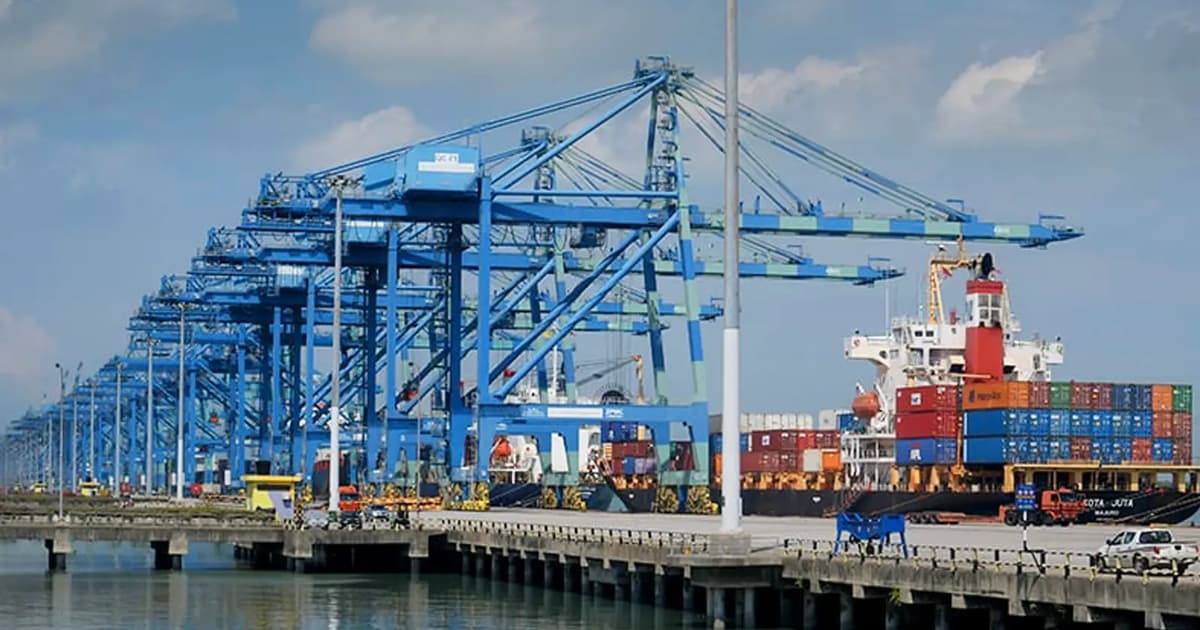
The new US tariff regime will have a greater impact on Malaysia’s economy in 2026, with gross domestic product (GDP) growth projected to be lower, said the finance ministry.
The tariff is expected to cut GDP growth by 0.76% next year, with a direct impact of 0.15% and indirect impact at 0.61%, said its 2026 Economic Outlook report.
The country’s exports and imports of goods and services is expected to fall by 1.38% and 0.64%, respectively.
For 2025, the US tariff is expected to reduce GDP by 0.38%, with a direct impact of 0.07% and indirect impact at 0.31%.
“The impact of (the US) tariff is anticipated to be greater in 2026 as it will reflect a full-year effect compared to the five-month (August to December) effect in 2025,” the report said.
Malaysia’s nominal GDP in 2024 was RM1.65 trillion, a 5.1% growth from 2023.
The US government had imposed a reduced tariff rate of 19% from 25% on Malaysia effective Aug 1, 2025.
The ministry said the indirect impact of the US tariff is poised to be bigger than the direct impact as trade with the rest of the world accounts for more than 80% of Malaysia’s total trade.
In addition, China – a global manufacturing powerhouse – may transmit stronger pass-through effects to other economies from the higher tariff imposed on its exports.
Another risk for Malaysia is the potential removal of tariff exemption for semiconductor imports into the US.
“Any removal of this exemption could result in repercussions, reduce competitiveness and strain sectors that are closely integrated with the US supply chains,” the ministry said.
In 2024, the US was Malaysia’s largest export market for electrical and electronics (E&E) products, representing about 20% of total E&E exports.
In light of the “unsettling impact of tariffs”, the ministry said it is crucial for Malaysia to implement swift and proactive measures to mitigate these effects.
These measures include strengthening the resiliency of local industries and broadening its export markets by prioritising high-growth regions and leveraging existing free trade agreements.
“The proactive approaches complement Malaysia’s economic resilience as well as position it as a niche market with a diversified trade portfolio amid volatile global trade environments.
“This will further enhance investors’ confidence and reinforce Malaysia’s role as a reliable trade and investment destination as well as move up the global value chain,” it added.






